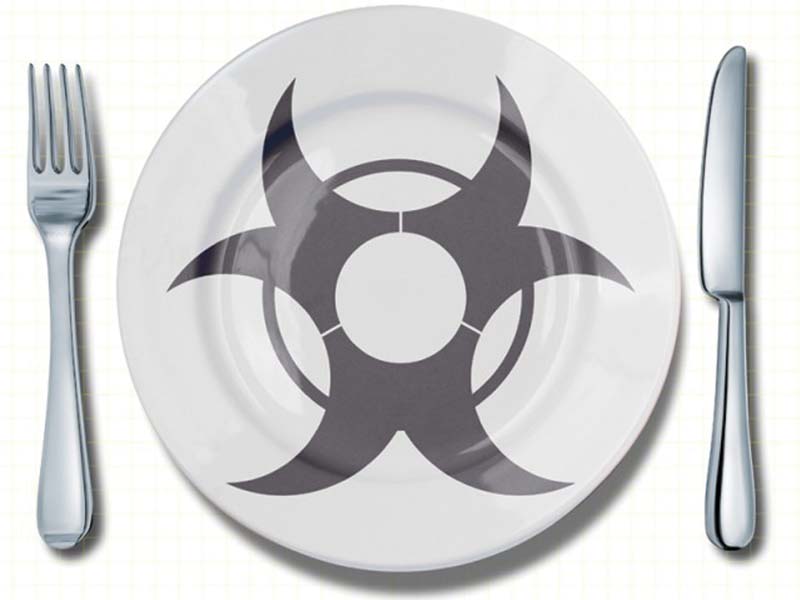
In a bid to tighten and update laws against the sale of unhygienic food, the Islamabad Capital Territory administration has finalised a new draft to replace the existing law, Islamabad Deputy Commissioner Cap (retd) Mustaq Ahmed said on Wednesday.
The official informed that the draft ICT Food Safety and Standard Bill has been finalised and will be submitted to the Ministry of Interior, approval from which would allow for it to be forwarded to Parliament.
“The basic objective of the new draft is to protect consumer rights as the existing law is outdated and does not [provide appropriate] punishments for violators,” Ahmed said.
According to the official, the administration has based its draft on the Punjab Food and Safety Act 2011. He said that if the law is passed, local officials could be empowered like Ayesha Mumtaz — the current Punjab Food Authority operations director who is credited with numerous works to improve food safety in the province. .
ICT Administration Food Deputy Director Chaudhry Muhammad Afzal Bhagat, who helped put the draft together, told The Express Tribune that a new law was required because the existing Pure Food Ordinance of 1960 was outdated and the punishments for violators had been rendered inconsequential by half-a-century of inflation and other factors.
Under the existing ordinance, food inspectors do not have the authority to take action against violators, he said, explaining that this is why assistant commissioners were conducting the ongoing raids.
The official further explained that, at present, seven ACs have been given special powers to conduct raids under Section 268 of the Public Nuisance Act and 269 of the Negligent Act. “After the new law is passed, the food department will be empowered and can impose heavy fines on violators,” he added.
Moreover, under the existing law, jail time for violators ranges from three months to three years, with fines ranging from Rs20,000 to Rs100,000. The proposed law would take the maximum fine up to Rs2 million.
Responding to a question, Deputy Commissioner Mustaq Ahmed said the ICT Administration will not establish a food authority like Punjab, but will focus on empowering the existing food department.
A Rawalpindi City District Government official said the Punjab Food and Safety Act was passed by the provincial assembly in 2011, but the administration took four years to implement it. “Even with the law, there remains a dire need to create awareness among the public,” he added.
On the other hand, traders seemed unhappy at being shut out of pre-drafting discussions. Traders Action Committee President Kashif Chaudhry criticised the administration for not taking traders onboard before finalising the draft. “We are the main stakeholders,” he claimed. “How can the administration finalise the draft without taking us into confidence,” he asked.
He argued that the there were over 66 hotels and 490 restaurants in the city, all of which are bound to provide hygienic food to their customers. But at the same time, he added, the administration is also responsible for taking traders onboard.
Published in The Express Tribune, October 15th, 2015.
1730959638-0/trump-(19)1730959638-0-405x300.webp)
1719925273-0/BeFunky-collage-(46)1719925273-0-165x106.webp)






1730957050-0/Copy-of-Untitled-(17)1730957050-0-270x192.webp)

1730379446-0/WhatsApp-Image-2024-10-31-at-17-56-13-(1)1730379446-0-270x192.webp)






COMMENTS
Comments are moderated and generally will be posted if they are on-topic and not abusive.
For more information, please see our Comments FAQ